Be stimulated. Be challenged. Be there.
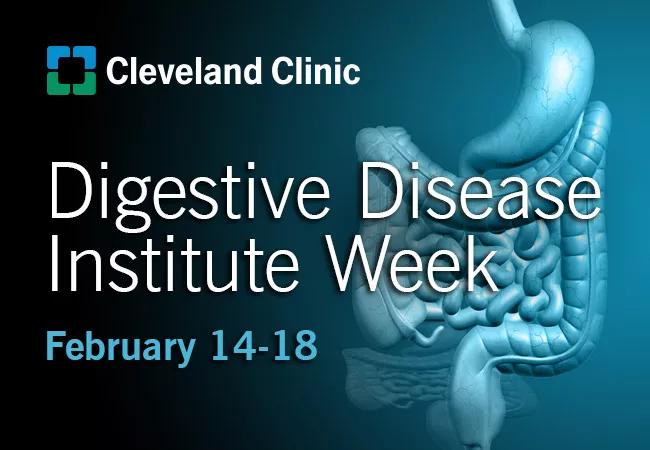
Participants in Cleveland Clinic’s 2017 Digestive Disease Institute Week will receive an in-depth, detailed overview of new, controversial, challenging and provocative colorectal procedures from a renowned international faculty.
Advertisement
Cleveland Clinic is a non-profit academic medical center. Advertising on our site helps support our mission. We do not endorse non-Cleveland Clinic products or services. Policy
DDI Week 2017 combines all the symposia into a single event held over five days at South Florida’s beautiful Boca Raton Resort & Club:
A robust agenda provides a detailed analysis of the current status of every major colorectal area, making this the single most important educational program of the year for healthcare professionals specializing in colorectal surgery, general surgery, laparoscopic surgery, bariatric surgery, endoscopic surgery and gastroenterology.
This year’s event is jointly sponsored by the International Congress of Laparoscopic Colorectal Surgery (ISLCRS), which will increase the participation of world experts in laparoscopic surgery and colorectal surgery.
“The ISLCRS has a history of including live surgery in its conferences, so Tuesday will be a live surgery day,” says Digestive Disease & Surgery Institute Chairman Conor Delaney, MD, PhD. “We are offering a live surgery videoconference to improve competencies and patient outcomes and, for the first time, a hands-on workshop focused on advanced transanal surgery techniques for rectal cancer and a TaTME cadaver lab.”
Advertisement
Wednesday’s schedule includes a debate in which experts from around the world will provide their opinions on the best surgical techniques for rectal cancer.
Throughout the week, experts will address a variety of relevant topics, including:
Like the colorectal symposium, the concurrent Surgery of the Foregut Symposium features an impressive faculty that will address the surgical aspects of conventional, laparoscopic, robotic and endoscopic surgery of the foregut. Additionally, attendees will acquire in-depth information related to the diagnosis and management of disease processes involving the esophagus, stomach, duodenum, liver and biliary tree.
For the first time, this symposium will be combined with the International Consensus Conference on Revisional Bariatric Metabolic Interventions. “The goal is to reach and publish a consensus report on the optimal way to approach these issues in order to improve quality of care,” says Dr. Delaney.
The 4th Annual International Conference on Fluorescence-Guided Surgery has also been incorporated into the Foregut Symposium. This unique course will help surgeons better understand the known and potential applications of infrared light as a tool to guide surgery and reduce complications.
Advertisement
The last three days of DDI Week will focus on practical, evidence-based management of challenging patients with esophageal diseases, liver disease, inflammatory bowel disease and small bowel and pancreatic diseases. A renowned faculty will discuss the latest advances in the field.
“We felt it was important to integrate gastroenterology and surgery in order to address these issues at the highest level,” says Dr. Delaney.
DDI Week provides an ideal academic setting for interacting with attendees and faculty from around the world, yet is small enough for one-on-one and small-group conversations during breaks and meals.
“This is one of the most respected international education courses in existence. It has a long history of bringing together premier faculty members in colorectal surgery and, more recently, gastroenterology, hepatology and general surgery, and their subspecialties. It’s going to be an exciting and stimulating conference,” says Dr. Delaney.
Register for Digestive Disease Week
Advertisement
Advertisement

Strong patient communication can help clinicians choose the best treatment option
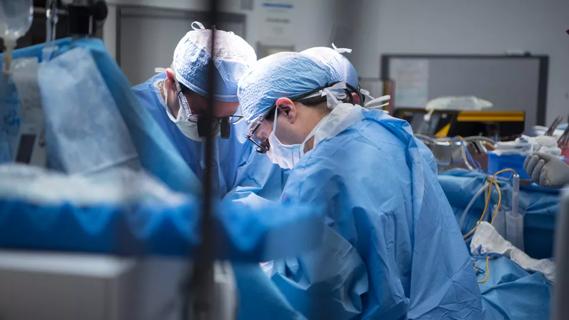
ctDNA should be incorporated into care to help stratify risk pre-operatively and for post-operative surveillance

The importance of raising awareness and taking steps to mitigate these occurrences
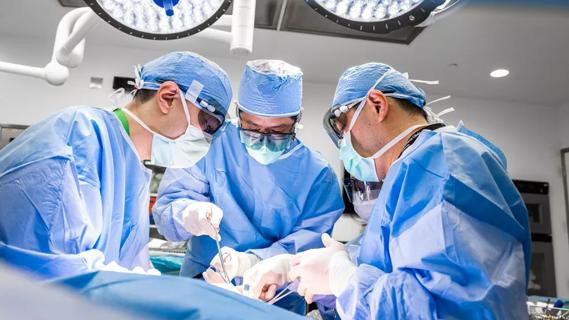
New research indicates feasibility and helps identify which patients could benefit
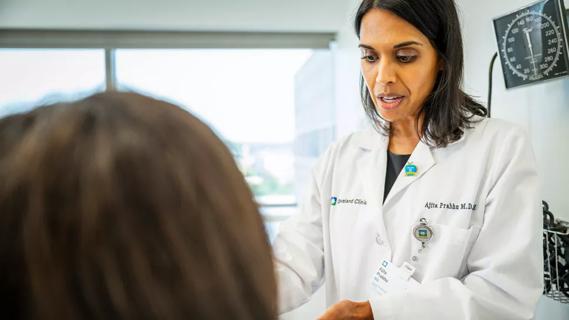
Treating a patient after a complicated hernia repair led to surgical complications and chronic pain
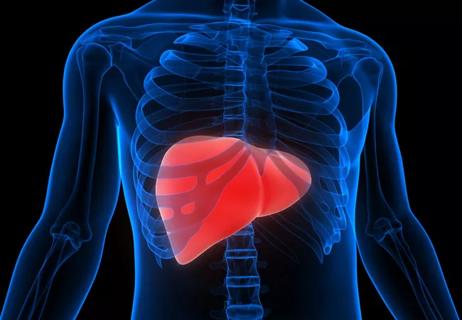
Standardized and collaborative care improves liver transplantations
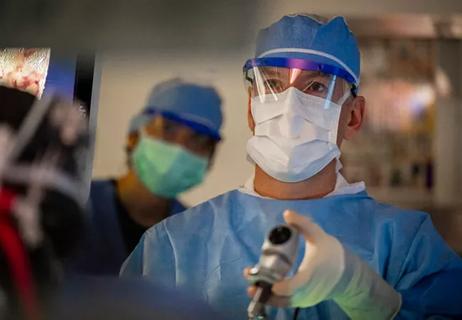
Fewer incisions and more control for surgeons

Caregiver collaboration and patient education remain critical